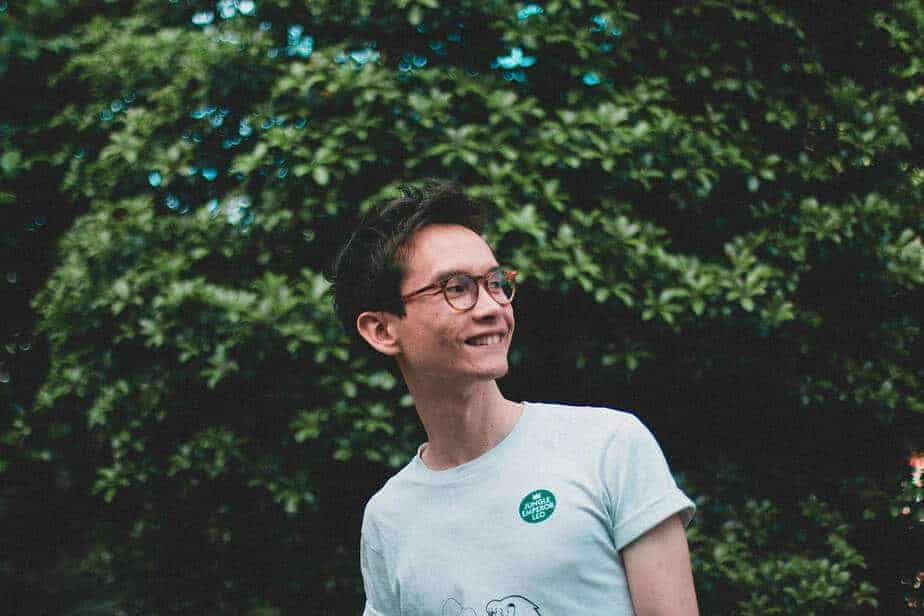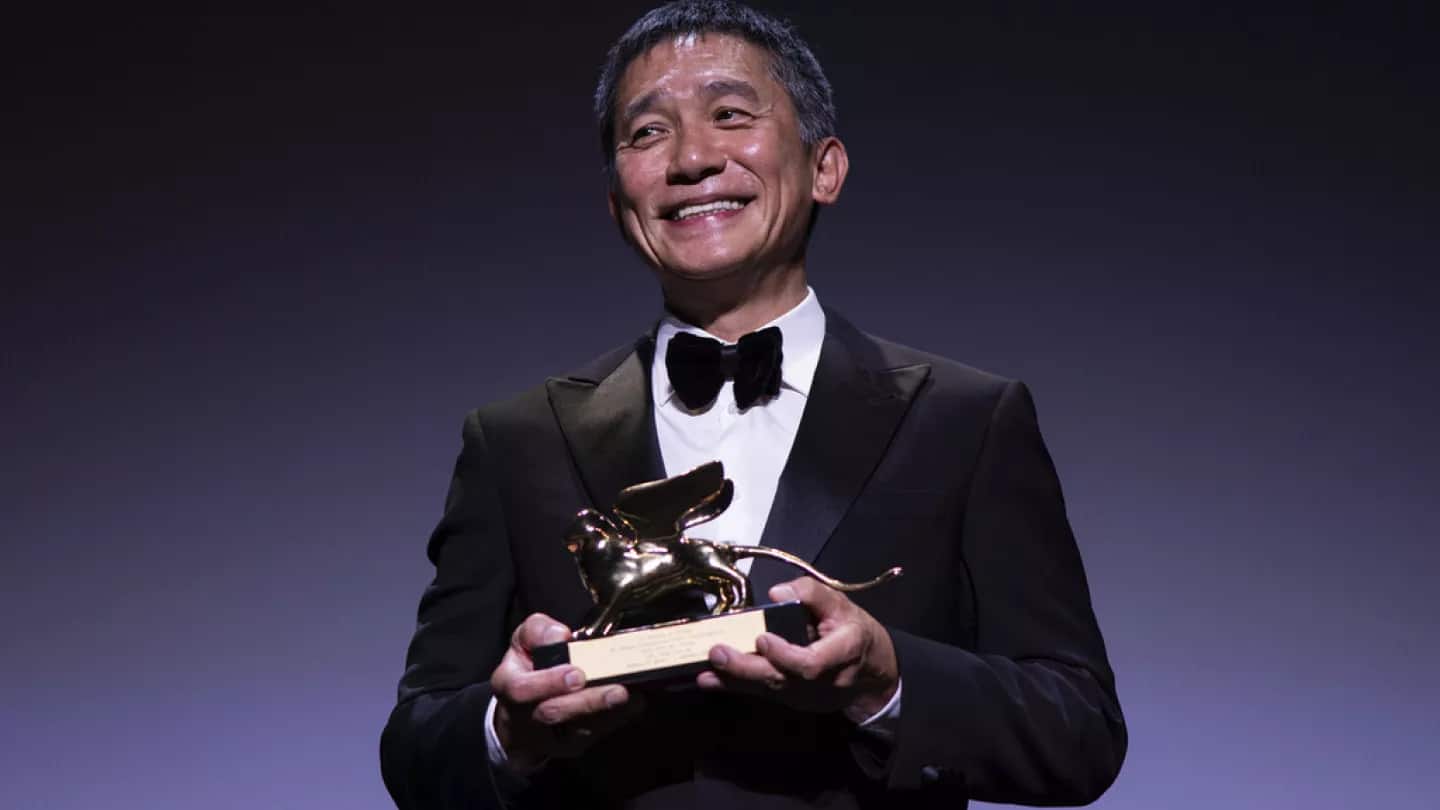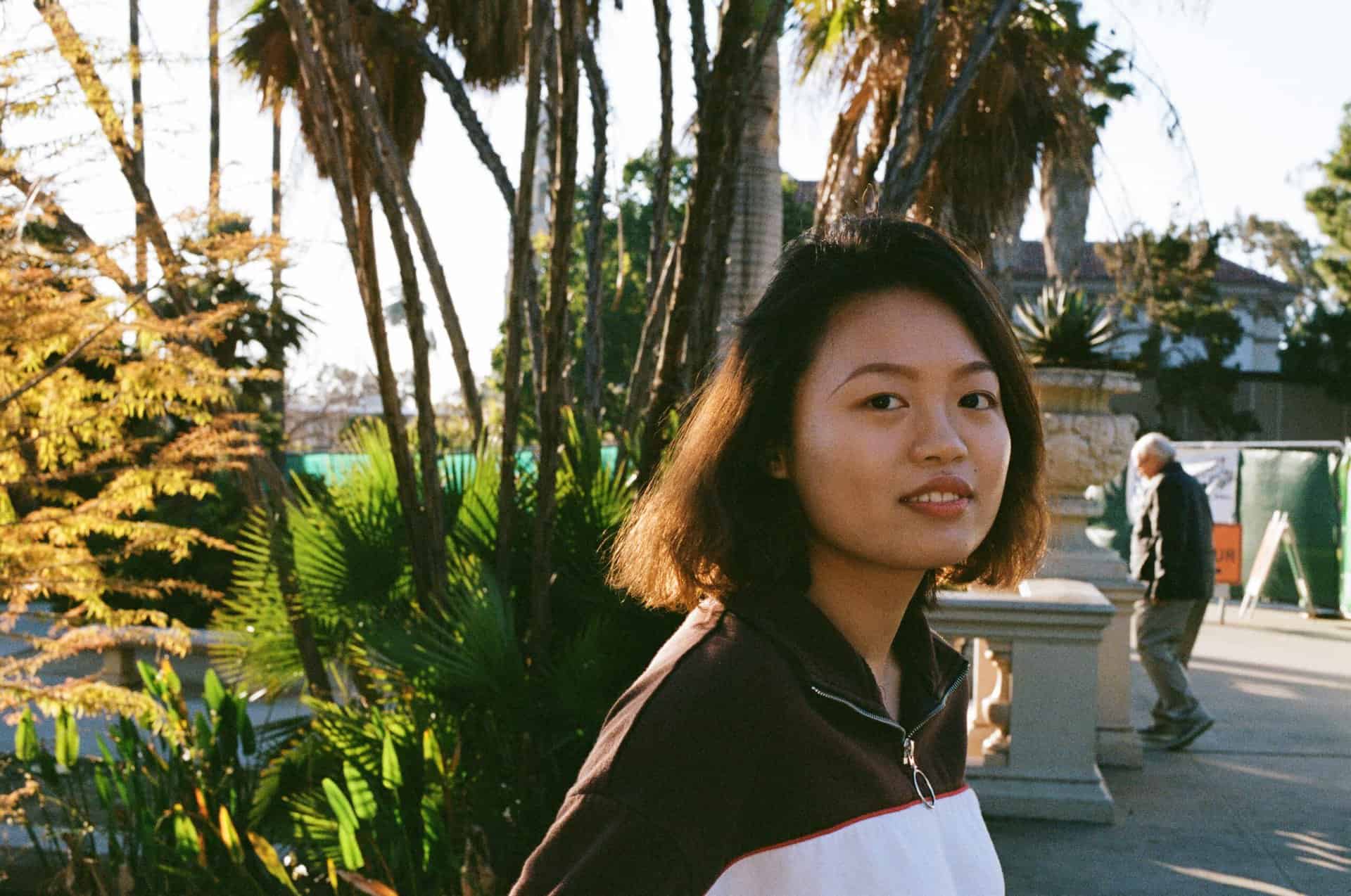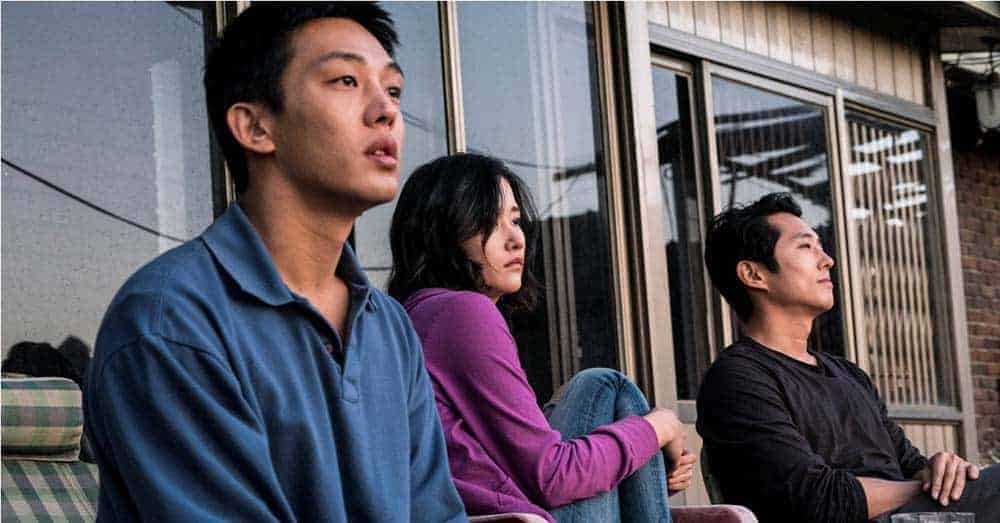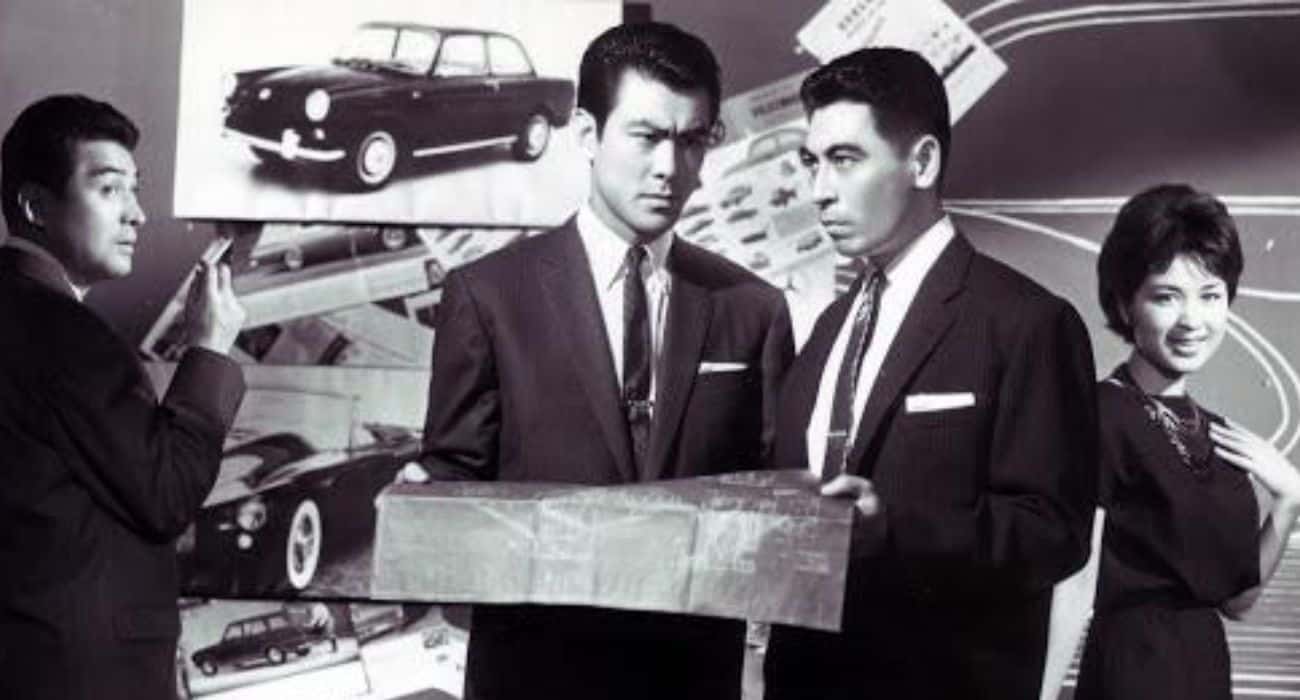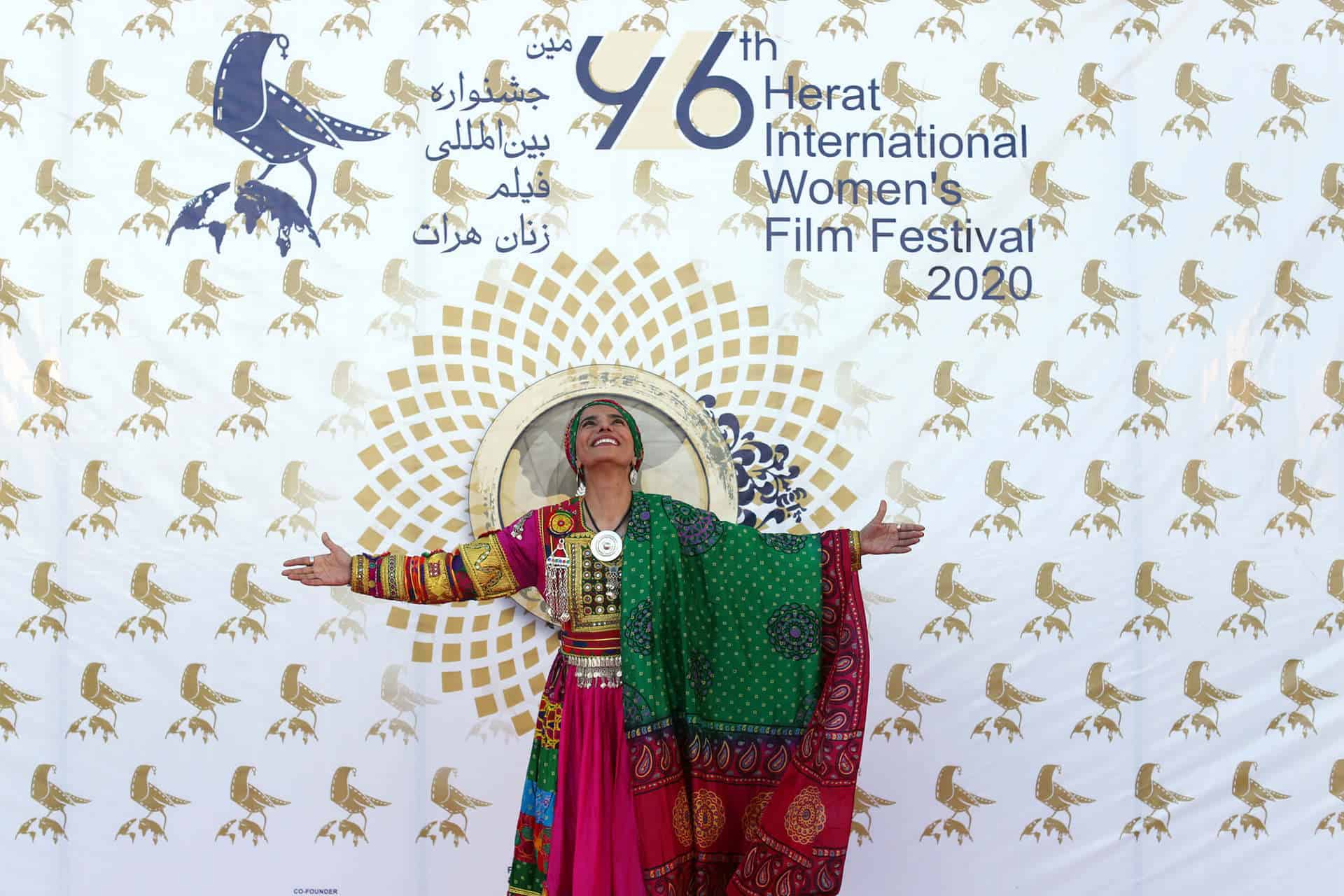Ryushi Lindsay is a London and Tokyo-based Anglo-Japanese filmmaker working across documentary and narrative forms. He is particularly drawn to political cinema about power and disenfranchisement.
On the occasion of his film “Kokutai” screening at JAEFF,we speak with him about his career, the incentive behind the film, the connection between fascism and sports, the music in the movie, and other topics

Could you please tell us a little about yourself and how you were drawn into becoming a filmmaker?
Apparently we inherit our interests and careers genetically, so I wonder often how much free will has been involved in my filmmaking journey thus far. Both my parents are artists so, even though I never learnt to draw, I did grow up in a very creative environment at home and at school.
Growing up in rural and suburban Britain, and spending summer holidays in Japan looking the way I look, it is difficult not to become politicised from a young age. Filmmaking is for me, a tool for communicating ideas – where other people may write essays or novels or create fine art, I make films in order to express my thoughts about the world, to the world, with the (perhaps naive) hope of changing the world. It's a compulsion, I actually find being on location miserable but I need to make films.
What was it that moved you to embark on such a critical a project as “Kokutai”? How does the film fit in with your oeuvre of work?
Kokutai is actually the first documentary I've directed; previously all my own work has been in narrative. I came to the aesthetics of high school baseball in a roundabout way – I initially wanted to make a film about the National Diet Building, then Hachikō (the dog), before it took its current form, considering all three in one way or another through the lens of Susan Sontag's 1974 essay, Fascinating Fascism. I shot footage for all three but ended up retaining only the baseball section.
I actually am a baseball fan so was aware of what the Koshien tournaments look like before I shot any footage, although being there in person was what really convinced me the film was going to work; the scale of the spectacle is intoxicating.

Likening the seamlessly militaristic ceremony of these baseball tournaments and the audience delirium of the sport to the rising fascism of the Axis Powers during the 1930s and 1940s is ingenious if not controversial. Do you ever see the potential to turn the game into a means of recruitment or propaganda should the country ever revert back to it?
I would like to refer you to the 1936 Berlin Olympics. If you are looking for a specifically Japanese reference, please see the 1942 ‘Phantom Koshien'.
Are these aesthetics prevalent across all of baseball or high school baseball across the country? How long has this visual and audial spectacle been a part of the national youth tournaments?
A similar aesthetic seems to run through a lot of amateur sports in Japan but is most concentrated at the spring invitational and summer national championship Kōshien tournaments. It is the scale of the spectacle that I think is particularly seductive and, for me, troubling, though I cannot categorically state this is unique to Kōshien, having not attended every sporting event in Japan. As the summer tournament is almost as old as moving images, footage of early tourneys is difficult to find but I believe the current opening ceremony format dates back to at least the early Shōwa period.
How did you come to collaborate with composer Andy Trewren?
I explained to a mutual friend that I was looking for someone who composed in a modernist or atonal classical music and she happened to know Andy. My main goal was to undercut the spectacular nature of the footage and the tournament itself with music, and I am very happy with the incredible work Andy did. In terms of working with him, I explained what I was trying to do with the film, showed him a piece composed by Paul Dessau that is in a similar vein to what I was hoping to use, and sent him on his way.
His score almost seems like a homage to silent, early documentary, and pure cinema movements of the era which saw the radical militarisation and nationalism of the country. Was it your intentions to create links to this cinematic history both visually and sonically?
I think my main influences were the New German Cinema and the Japanese New Wave, particularly Alexander Kluge's “Brutality in Stone” and Adachi Masao's “A.K.A. Serial Killer”. These are national cinemas that grappled, amongst other things, with the legacy of the Second World War and were also linked to the 1968 student movement, often creating a symbiotic relationship between form and text. I also thought a lot about the use of music in Studio H&S' 400㎤ – Paul Dessau's score for that film does an incredible job of capturing the absolute horror of the Vietnam War.

Japan has seen its government slide increasingly towards fervent nationalism since Abe returned to power and has embarked on rewriting its constitution and on historical revisionism ventures despite plenty of setbacks. Do you feel the Japanese population wishes to see Abe's vision come to fruition? Is it something they will ever tolerate?
I think there are many well-qualified scholars who can do a far better job of answering this question than I can.
With the Westernised world becoming every increasingly right-wing and populist, how do you think this will this affect people of dual national identities?
Before moving to Japan, I spent three years in the liberal London bubble so I don't really have a good handle on the contemporary reality of mixed-race life in the UK. All I can say is most of my childhood and youth were punctuated by being referred to as the ‘Chinese guy', or ‘Japanese guy', or worse, so I'm not sure whether we're experiencing a new shift to the right or we're just now starting to see something that has always been simmering underneath decorous society.
What has been the general reaction to your film thus far, particularly among Japanese?
I have received a lot of positive reactions from Japanese people whom I have told about or shown the film. But I do run in very liberal, artsy bubbles where people may be predisposed to my ideas. A couple of people have told me they always enjoyed watching Koshien but the film has made them consider why exactly that is. It has not premiered yet in Japan so I am curious to see what a wider audience will make of it.
What is next in line for you? Are there any new projects in the works? Will Kokutai continue to tour the festival circuit?
I have just finished post on a short narrative film starring Neya Ryoka (Love and Other Cults) and Sasaki Miyu (Shoplifters) so am submitting that to festivals now and I hope that Kokutai can continue to screen at festivals around the world. As for new projects, I have fingers in various pies. I am recently interested by psychogeographical filmmaking and plan to continue making non-fiction work whilst developing fiction projects also.


